MOVIE REVIEW – Set in the affluent American suburbs of the 1960s, with gleaming cars, manicured lawns, and white picket fences, neighbors Alice (Jessica Chastain) and Celine (Anne Hathaway) share a close friendship that cuts through the mundanity of daily life. However, when tragedy strikes, their bond begins to crack and distort. Guilt, grief, and paranoia mix in this English-language remake of the 2018 Brussels-set film, which leans heavily on melodrama for an entertaining yet largely forgettable experience.
The original director, Olivier Masset-Depasse, was initially slated to helm this version as well, but when he had to leave the project, the film’s cinematographer, Benoît Delhomme, stepped in to make his directorial debut. This version stays very close to the original, which was based on Barbara Abel’s novel, premiered in Toronto, and won nine Magritte awards in Belgium before being released in various French-speaking and European territories. With Chastain and Hathaway leading the cast, the English-language remake has the potential to reach a broader audience and was recently released in Hungary.
Images of Grief and Guilt
Delhomme’s experience as a cinematographer (on films like Lawless, The Theory of Everything, and Salome) is evident in every sharply composed frame. The opening sequence immediately sets an uneasy tone: Celine (Hathaway) peacefully picks flowers in her sunny garden while neighbor Alice (Chastain) watches from the shadows of her home. (The film was shot in New Jersey, though the exact location is unspecified.) Anne Nikitin’s ominous score builds tension as Alice enters Celine’s home, only for the scene to pivot to a surprise birthday party, highlighting the strong, long-standing bond between the two women and foreshadowing several plot points.
Alice and Celine are very different—Alice is frustrated with being a housewife and desperate to return to her journalism career, while Celine is content with her traditional role—but both adore their eight-year-old sons. Notably, Alice does not want more children, while Celine cannot have any more. When Celine’s son, Max (Baylen D. Bielitz), suffers a tragic accident, everything changes. In the weeks that follow, Celine pushes Alice away, seemingly blaming her for witnessing but not preventing Max’s accident, and finds solace in spending time with Alice’s son, Theo (Eamon O’Connell).
Initially, Celine’s slightly odd behavior could be attributed to her grief, which plunges her husband, Damien (Josh Charles), into a debilitating depression. Sarah Conradt-Kroehler’s screenplay shines here, capturing Celine’s initial shock, subsequent numbness, and desperate attempts to return to normality. She turns up at Theo’s school and hosts awkward dinner parties, her entire identity having been tied to her son. There is genuine pathos in her attempts to cover the gaping hole in her life.
When Alice starts to suspect Celine’s motives, her own mental health history prevents her from convincing her husband, Simon (Anders Danielsen Lie), to believe her. From this point, the film ramps up the hysteria, with both women driven to madness by grief, guilt, and paranoia—emotions they cannot properly express in this hermetically sealed environment—while both husbands fade uselessly into the background. While committed performances by Chastain and Hathaway strive to add gravitas, some scenes teeter on the edge of absurdity, especially as the film reaches its frenzied climax.
Visuals and Atmosphere
The film’s campy excesses are still entertaining, and unsurprisingly, it looks gorgeous. Like the original, there are plenty of Hitchcockian elements, from the women’s styling to the often dizzying camera angles and the increasingly tense domestic atmosphere. Russell Barnes’s clean production design captures the era’s cookie-cutter affluence without descending into parody.
Costume designer Mitchell Travers’s work is particularly impressive, effectively illustrating the evolving dynamics between the women. While Celine and Alice initially wear similar pastel dresses, Alice’s looser, brighter colors soon contrast with Celine’s predominantly black attire. A scene in which the newly bereaved Celine wears a Jackie Kennedy-inspired white outfit to Theo’s school recital, in a misguided attempt at a fresh start, is both visually and emotionally striking.
Overall Impressions
We have mixed feelings about this otherwise promising film. Although it boasts beautiful visuals and strong performances, Mothers’ Instinct ultimately fails to leave a lasting impact. The story attempts to tackle deep philosophical questions about grief and motherhood but ends up reverting to superficial and clichéd melodrama with a ridiculous and unconvincing ending.
-Herpai Gergely (BadSector)-
Mothers' Instinct
Direction - 5.8
Actors - 6.2
Story - 4.5
Visuals/Music/Sounds - 8.6
Ambience - 6.2
6.3
FAIR
Mothers' Instinct is set in the American suburbs of the 1960s, where a tragedy tests the friendship between neighbors Alice (Jessica Chastain) and Celine (Anne Hathaway). Despite stunning visuals and strong performances, the film fails to deliver a memorable or significant experience, as its attempt to explore deeper philosophical questions is undermined by superficial and clichéd melodrama. Even with Hitchcockian elements and impressive costume design, the film's ending is both ridiculous and unconvincing.

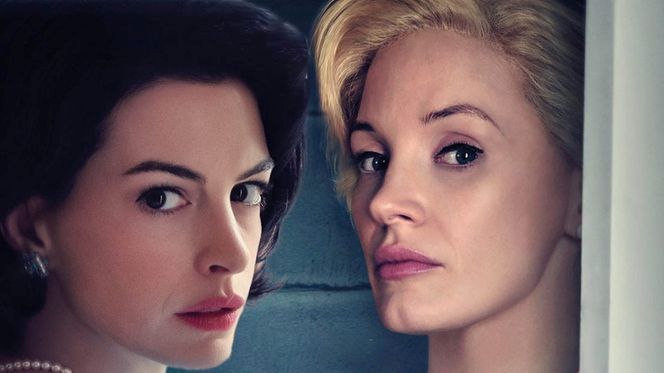
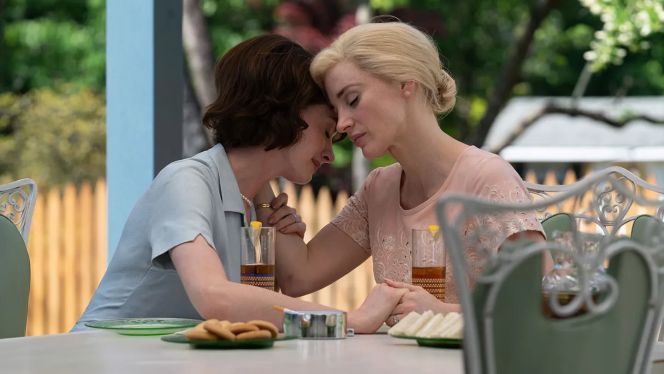
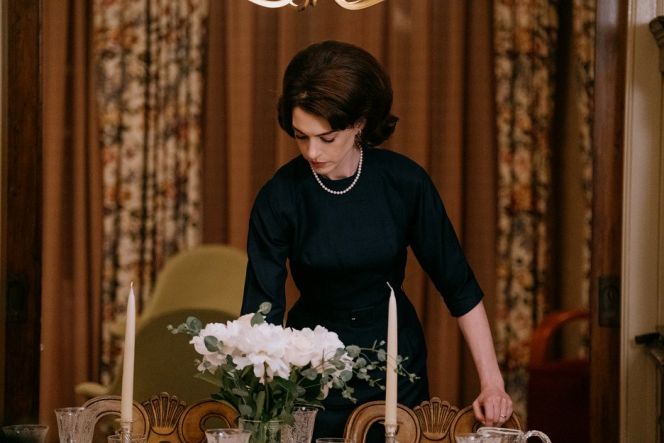






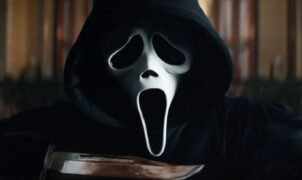
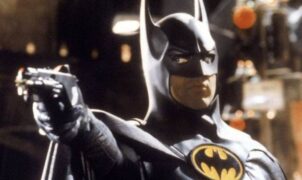






Leave a Reply